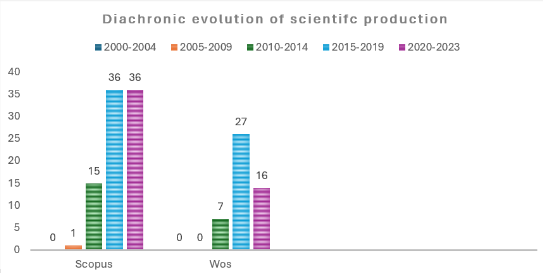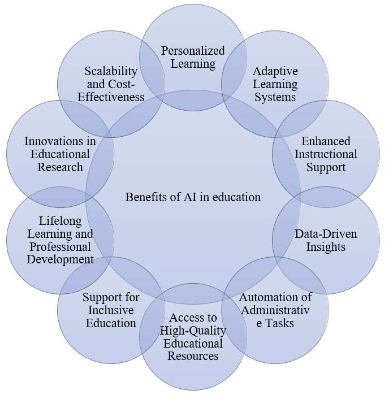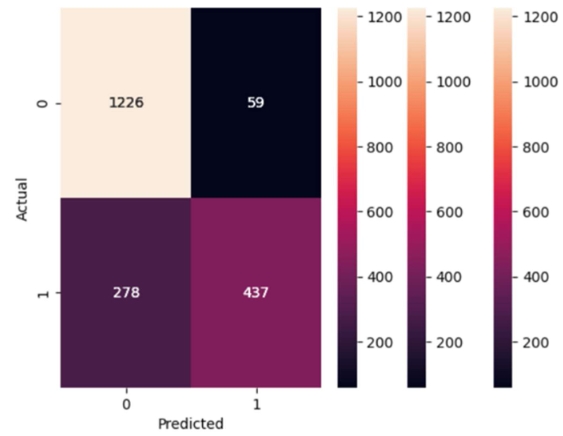




 Open Access
Open Access
Article
Article ID: 2379
by Heather Bianconi, Karen Larwin
Forum for Education Studies, Vol.3, No.2, 2025;
This study explores teachers’ perceptions of instructional leadership qualities that enhance self-efficacy and classroom practices through Q-methodology, using a snowball sample of state-certified teachers from Pennsylvania and Ohio. Key findings highlight leadership qualities such as positive reinforcement, support, constructive feedback, modeling, trust, autonomy, and collaboration as crucial for teacher growth and instructional effectiveness. Differences in perceptions between elementary and secondary teachers are also examined. The results are organized into five thematic profiles: Sculptors of Curiosity and Creativity, Orchestrators of Harmony and Growth, Champions of Potential and Possibility, Architects of Confidence and Curiosity, and Masterminds of Adaptability and Structure. The study provides valuable insights into leadership traits that foster teacher development and improve classroom outcomes.
 Open Access
Open Access
Article
Article ID: 1925
by Colleen Richardson, Cynthia J. Davenport, Karen H. Larwin
Forum for Education Studies, Vol.3, No.2, 2025;
This study investigates causal-comparative relationships between COVID-19 learning loss in reading and math for 3rd grade through 8th grade students and Appalachian status of schools across Ohio. This study further explored potential differences in learning recovery for Appalachian and non-Appalachian schools and potential factors that may impact recovery. Archival data was collected from the Ohio Department of Education and Workforce to support analysis of differences in average proficiency on Ohio State Testing results. The initial investigation occurred without adjustment or differentiation for socio-economic status, operationalized as eligibility for free or reduced-price lunch, and was then adjusted by this variable for enhanced analysis. The study analyzed additional information about Educational Services Center delivery models for interventions and staff support. The analysis revealed no significant difference in learning loss between Appalachian and non-Appalachian schools, although Appalachian schools demonstrated more negative decline on average over the study period. The study revealed statistically significant gains in reading in an Appalachian County with an Educational Service Center that utilizes a direct service delivery model for professional development and emphasizes targeted interventions. No significant gains were made in math from this same county. The analysis supports the need for future research into service model approaches and their potential impact on preventing learning loss and aiding in learning recovery.
 Open Access
Open Access
Review
Article ID: 2177
by Ronald L. Reyes
Forum for Education Studies, Vol.3, No.2, 2025;
Chemistry education plays a pivotal role in fostering scientific literacy and addressing global challenges. However, traditional curricula often fail to connect abstract concepts to real-world applications, leading to disengagement among students. This study examines how integrating real-world problems into chemistry education enhances student engagement and prepares them to address pressing global challenges. Grounded in constructivist, contextual, and situated learning theories, the paper presents actionable teaching strategies, including problem-based learning and case studies. These strategies contextualize abstract chemical principles within pressing global issues such as climate change, sustainable energy, and public health. The paper also addresses practical challenges in implementation, including resource limitations, curricular rigidity, and assessment complexities, and offers mitigation strategies such as leveraging digital tools and fostering industry partnerships. Empirical evidence highlights the effectiveness of these methods in improving conceptual understanding, critical thinking, and interdisciplinary collaboration. By aligning chemistry education with contemporary scientific practices and global needs, this study advocates for a transformative shift in pedagogy, ensuring students develop critical thinking, interdisciplinary skills, and the capacity to navigate complex global challenges.
 Open Access
Open Access
Perspective
Article ID: 2730
by Kyong-Jee Kim
Forum for Education Studies, Vol.3, No.2, 2025;
This paper explores the transformative role of artificial intelligence (AI) in medical education, emphasizing its role as a pedagogical tool for technology-enhanced learning. This highlights AI’s potential to enhance the learning process in various inquiry-based learning strategies and support Competency-Based Medical Education (CBME) by generating high-quality assessment items with automated and personalized feedback, analyzing data from both human supervisors and AI, and helping predict the future professional behavior of the current trainees. It also addresses the inherent challenges and limitations of using AI in student assessment, calling for guidelines to ensure its valid and ethical use. Furthermore, the integration of AI into virtual patient (VP) technology to offer experiences in patient encounters significantly enhances interactivity and realism by overcoming limitations in conventional VPs. Although incorporating chatbots into VPs is promising, further research is warranted to enhance their generalizability across various clinical scenarios. The paper also discusses the preferences of Generation Z learners and suggests a conceptual framework on how to integrate AI into teaching and supporting their learning, aligning with the needs of today’s students by utilizing the adaptive capabilities of AI. Overall, this paper highlights areas of medical education where AI can play pivotal roles to overcome educational challenges and offers perspectives on future developments where AI can play a transformative role in medical education. It also calls for future research to advance the theory and practice of utilizing AI tools to innovate educational practices tailored to the needs of today’s students and to understand the long-term impacts of AI-driven learning environments.